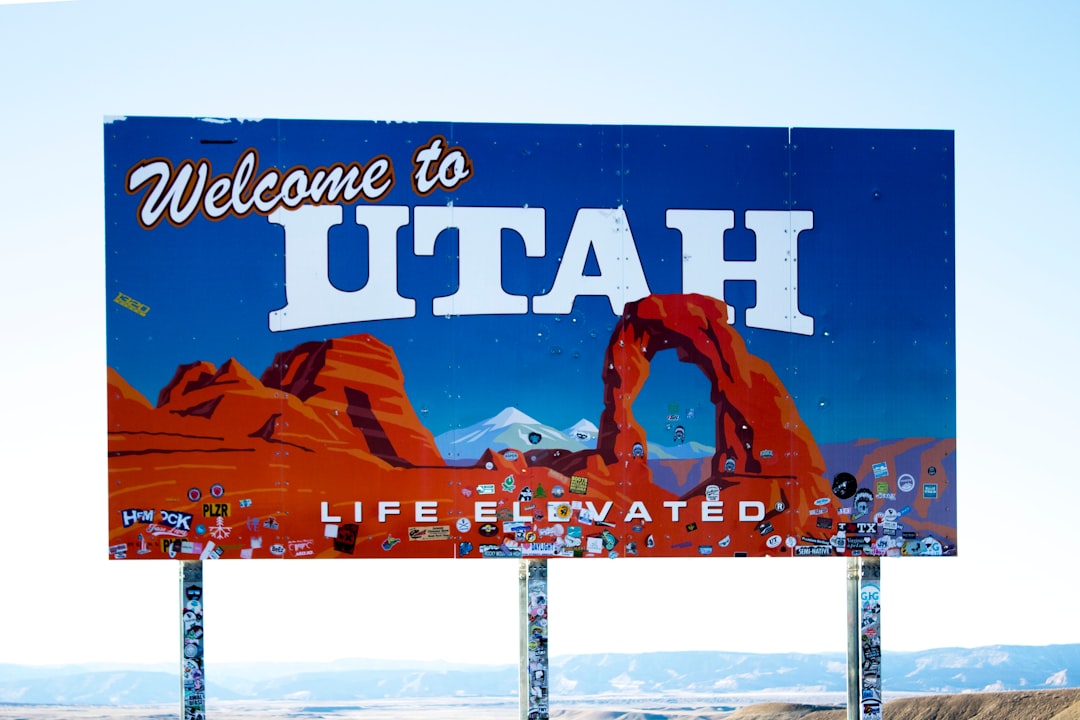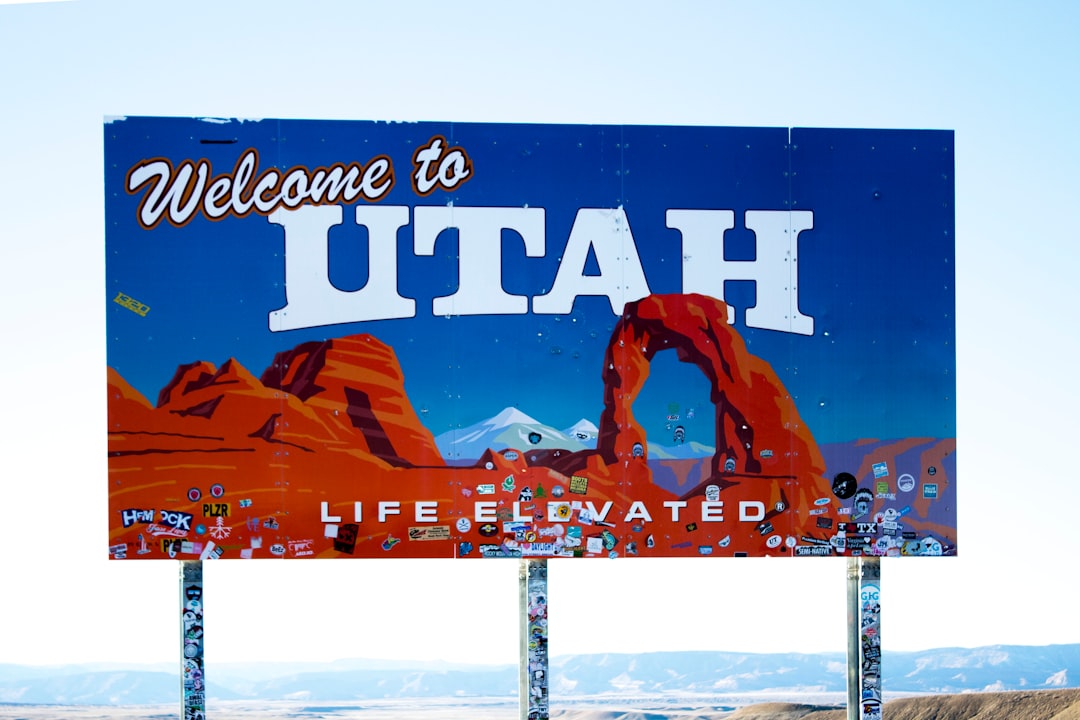In Utah, caller ID spoofing evolved from a convenience to a privacy and safety concern due to increasing spam calls. In response, stricter regulations and the emergence of specialized spam call lawyers Utah & spam call attorneys Utah have been crucial in protecting residents. These legal experts guide individuals and businesses through complex laws, take action against spammers, and ensure a safer digital environment for Utahns.
In the age of digital communication, Utah residents have witnessed a sinister evolution in caller ID spoofing, posing significant challenges to consumers and businesses alike. This article delves into the intricate world of spam calls, tracing their historical roots in Utah and exploring the current legal landscape. We dissect how spammers adapt their tactics and offer insights for spam call lawyers Utah can leverage to combat this persistent issue, ensuring a safer digital environment for all. For those seeking legal counsel, top-rated spam call attorneys Utah and reputable spam call law firms are crucial resources.
A Historical Perspective on Caller ID Spoofing in Utah

In Utah, as in many parts of the country, the concept of Caller ID spoofing has evolved significantly over time. Historically, caller ID was seen primarily as a convenience feature, allowing individuals to identify incoming calls. However, with advancements in technology and the rise of spam calls, this simple tool transformed into a potential weapon for fraudsters and marketers alike. Early instances of caller ID spoofing involved simple tricks where call recipients would see falsified numbers, often disguised as local government or trusted organizations, leading to a growing concern among Utah residents about their privacy and safety.
As the practice gained traction, especially with the proliferation of telemarketing and spam calls, Utah’s legal landscape began to address this issue. This led to the establishment of stricter regulations and laws targeting caller ID spoofing, particularly focusing on protecting consumers from deceptive practices. Consequently, many residents turned to specialized law firms in Utah that offer services tailored to combat spam calls, with lawyers dedicated to helping individuals and businesses navigate these complex issues.
The Legal Landscape: Anti-Spam Call Regulations in Utah

In Utah, the legal landscape regarding caller ID spoofing and spam calls is defined by stringent regulations put in place to protect consumers from deceptive practices. The state has implemented anti-spam call laws that make it illegal for callers to intentionally mislead recipients about their identity or location using manipulated caller ID information. These laws are enforced by both state and federal agencies, with penalties ranging from fines to legal actions against repeat offenders.
Spam call lawyers Utah and spam call attorneys Utah specialize in navigating these regulations on behalf of clients. They help individuals and businesses understand their rights and obligations under the spam call law firm Utah legislation. Whether it’s representing victims who have suffered from malicious spoofing or advising organizations on compliance strategies, these professionals play a crucial role in upholding the integrity of Utah’s communication standards.
Navigating the Future: How Spammers Are Adapting and What Lawyers Can Do

As technology advances, so do the tactics of spammers. In Utah and across the nation, the rise of caller ID spoofing has led to an increase in spam calls, making it a growing concern for residents and businesses alike. Spammers are becoming increasingly sophisticated in their methods, using advanced techniques to bypass existing laws and regulations. They often target vulnerable individuals and exploit loopholes in the system.
To combat this evolving challenge, Utah-based lawyers and law firms specializing in telecom law play a crucial role. Spam call attorneys Utah and spam call law firms Utah are equipped to navigate the complex legal landscape surrounding caller ID spoofing. They can assist clients in understanding their rights, taking necessary actions against spammers, and staying informed about updates in spam call laws. By leveraging their expertise, these professionals can help protect individuals and businesses from deceptive practices, ensuring a safer digital environment for all Utah residents.






